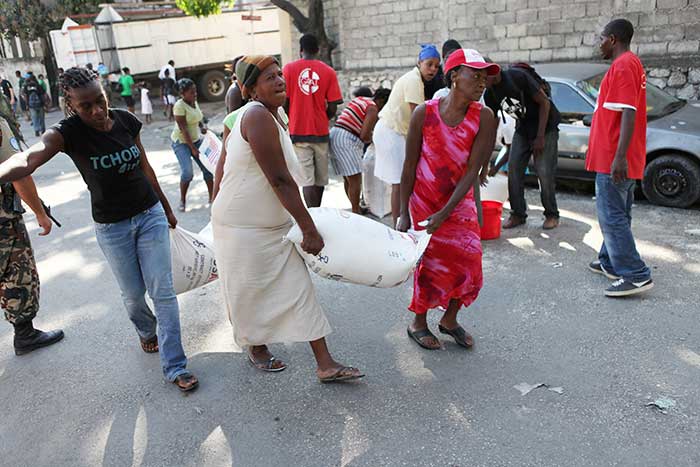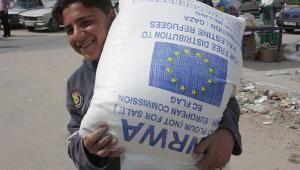Donor governments have become increasingly rigid on how international organisations can spend the aid they channel through them, with as much as 66% of all resources for the United Nations being strictly earmarked for specific projects.
As well as resulting in high management costs that aren’t always recouped, the ODI said this shift also prevents agencies from formulating a coherent strategy, encourages harmful competition between different organisations and facilitates undue political influence from donors.
This particular type of aid, dubbed “multi-bi aid” by the think-tank, is delivered via international aid organisations like the UN or the World Bank, as well as through trust funds established by global institutions or that stand alone, like the Global Fund to fight AIDS, Tuberculosis and Malaria.
The ODI said earmarking contributions to these funds is growing in popularity for a number of reasons, including: to demonstrate control over aid spending where public support for it is waning; in order to count aid as disbursed even when funds have not yet been spent on any specific activities; and to exert greater leverage over institutions that are sometimes perceived as inefficient or otherwise inadequate.
This can serve to get around restrictions on aid agency spending and counter sluggish decision-making, and the ODI noted that multi-bi aid has expanded the resources for global public goods, fragile states and humanitarian aid.
But while the ODI said multi-bi aid has the “potential to make important contributions”, it said it raises “new challenges” with regards to “effectiveness, efficiency and legitimacy”.
First, earmarked contributions place a heavy burden on agencies which have to prepare, negotiate, implement and enforce multi-bi agreements with donors, some of whom also require special accountability provisions to ensure compliance.
The rise in “transaction-heavy” trust funds further fragment aid for recipient countries and means plenty of aid is sitting in funds rather than being disbursed, the ODI’s report continued.
“This makes trusts funds a rather expensive tool to scale up development aid because the World Bank deducts management fees on contributions (rather than disbursements),” it noted.
Meanwhile, aid agencies rarely recoup the full administrative costs borne due to increased earmarking through the management fees they request, and the increased burden, coupled with demands such as fundraising, can dilute the focus of their work.
The ODI added that “explosion” in earmarking from a variety of donors, all with different priorities, also frustrates agencies’ attempts to formulate coherent strategies.
At the same time, they are pushed towards fierce competition with one another, diverting attention away from system-wide collaboration and recipient country needs, while donors are given too much influence over how ostensibly neutral aid is spent.
“By distorting programme priorities toward donor-driven agendas and reinforcing sector priorities over country priorities, multi-bi aid may reduce the legitimacy of operations in the eyes of many recipient countries,” the ODI warned.
It made a number of recommendations for improving multi-bi aid, including measures to enable agencies to recover the full costs of administration and to ensure recipient countries participate meaningfully in the implementation of aid.














